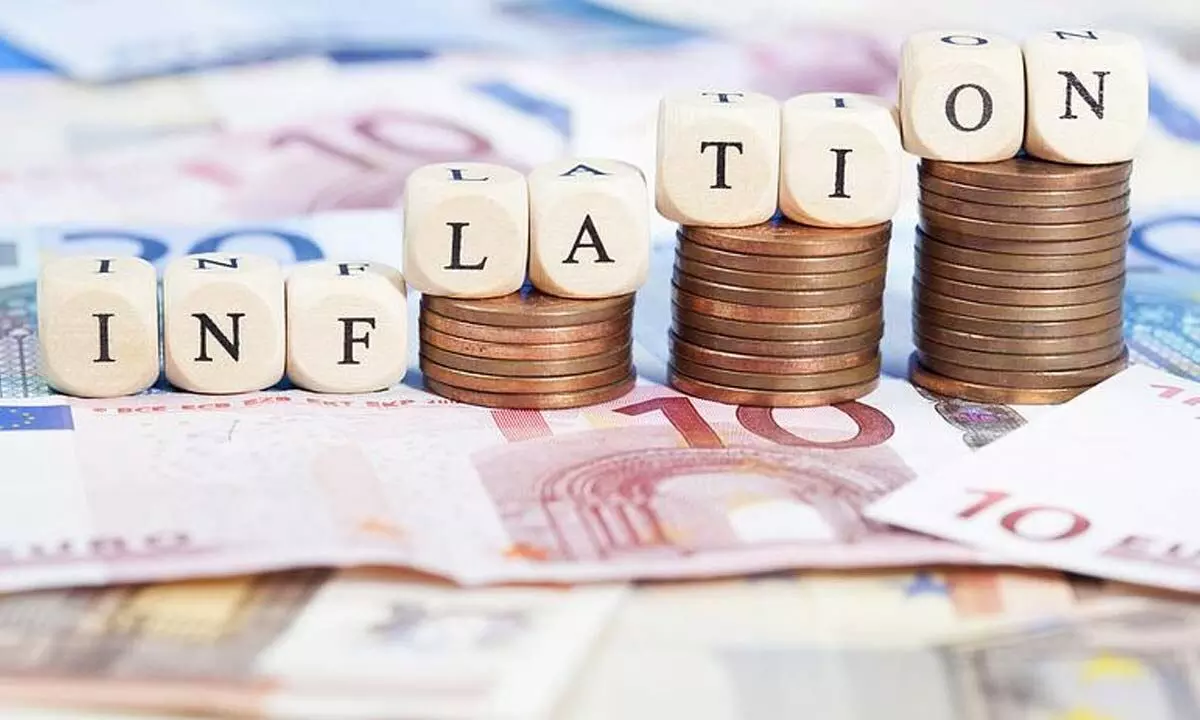Live
- Muzigal launches its State-of-the-art Music Academy in Nallagandla, Hyderabad
- Thoughtful Christmas Gifts for Every Loved One
- South Korea: Finance minister silent on martial law probe amid speculation on acting president's role
- Karnataka Minister Laxmi Hebbalkar Vows To Pursue Justice Against CT Ravi
- Stands By Vijayaraghavan Amid Row Over Remarks On Gandhis
- Karnataka Legislative Council Chairman Denies Recording Controversial Exchange
- Lexus India to Redefine Luxury Mobility at Bharat Mobility Global Expo 2025
- Hindustan Zinc Supported Farmers Achieve INR 5 Cr Revenue Through Five Farmer Produce Organizations
- Nearly 10 lakh job letters issued under Rozgar Mela since 2022: PM Modi
- Harish Rao Criticizes Congress Rule and Revanth Reddy’s Leadership in Warangal









